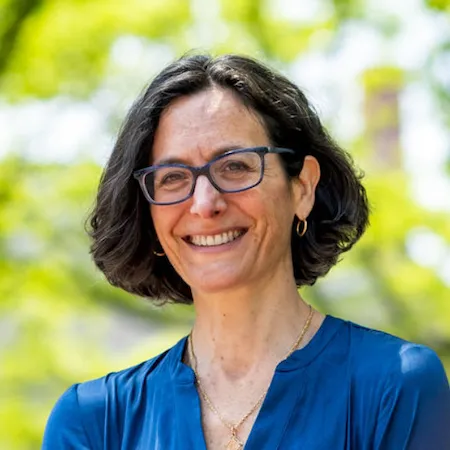Solving complex environmental issues requires participation and decision making from diverse stakeholders who represent multiple disciplines and perspectives. In addition, it can be difficult to make sense of the several dimensions and processes at play in multifaceted socio-environmental systems, as well as hard to prioritize impacts and pathways forward. Participatory modeling, however, is one way to address these challenges.
In this tutorial video, Dr. Moira Zellner, of Northeastern University, explains how she and her colleagues have used a range of modeling approaches with stakeholders to engage them in participatory decision-making processes. Zellner starts by defining what participatory modeling is and then goes on to explain why it is useful for addressing complex socio-environmental problems. Discussing the key challenges related to the process, she provides a framework for increasing stakeholder engagement and overall effectiveness. She also highlights parts of the process that are critical for maximizing the usefulness of participatory modeling. Zellner then illustrates these practices using a platform developed to support participatory modeling, called fora.ai.
This video originally aired at the beginning of a webcast titled, Participatory Modeling to Address Socio-Environmental Problems, which also included the perspectives of three well-known scholars, Nagesh Kolagani, Laura Schmitt Olabisi, and Juan Castilla-Rho.
-
About the Presenters
Image

Moira Zellner
Dr. Moira Zellner is Professor of Public Policy and Urban Affairs; Director of Participatory Modeling and Data Science; and Co-Director of NULab for Texts, Maps, and Networks at Northeastern University.
Moira’s academic background lies at the intersection of Urban and Regional Planning, Environmental Science, and Complexity. She has served as Principal Investigator and Co-Investigator in interdisciplinary projects examining how specific policy, technological and behavioral factors influence the emergence and impacts of a range of complex socio-ecological systems problems, where interaction...
Image
Moira Zellner
Dr. Moira Zellner is Professor of Public Policy and Urban Affairs; Director of Participatory Modeling and Data Science; and Co-Director of NULab for Texts, Maps, and Networks at Northeastern University.
Moira’s academic background lies at the intersection of Urban and Regional Planning, Environmental Science, and Complexity. She has served as Principal Investigator and Co-Investigator in interdisciplinary projects examining how specific policy, technological and behavioral factors influence the emergence and impacts of a range of complex socio-ecological systems problems, where interaction effects make responsibilities, burdens, and future pathways unclear. Her research also examines how participatory complex systems modeling with stakeholders and decision makers can support collaborative policy exploration, social learning, and system-wide transformation. Moira has taught a variety of workshops on complexity-based modeling of socio-ecological systems, for training of both scientists and decision makers in the United States and abroad. She has served the academic community spanning across the social and natural sciences, as reviewer of journals and grants and as a member of various scientific organizations. She is dedicated to serving the public through her engaged research and activism.
Before coming to Northeastern, Moira was an Associate Professor in the Department of Urban Planning and Policy and the Institute for Environmental Science and Policy at University of Illinois at Chicago ((UIC). She also headed the Urban Data Visualization Lab at UIC. Prior to her academic career, Moira worked as an environmental consultant for local and international environmental engineering firms and for the undersecretary of Environment in the City of Buenos Aires, Argentina.